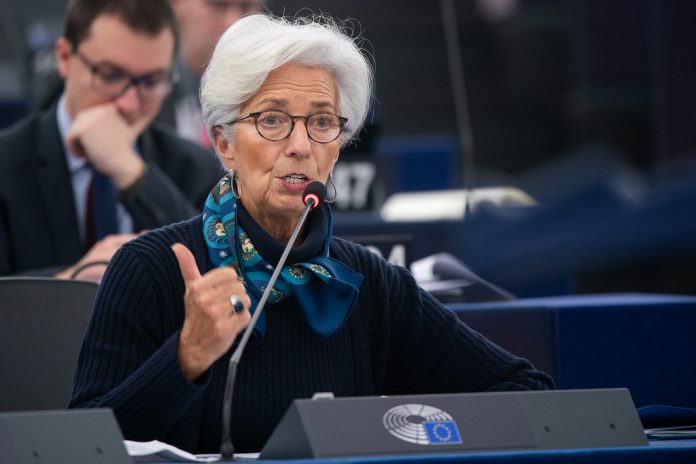
By Ivan Van de Cloot, Chief Economist at Belgian public policy think tank Itinera Institute, author of several books on financial economics and public policy
This year, economic growth data in Europe will be high. That can easily be misinterpreted. Some are overly focused on this statistic, which signifies less than assumed. The base to compare it with are last year’s statistics, for example, which have been completely distorted. Only the economic data of the next few years will provide insight into the real estate of the post-Covid world. And also in that world, the Corona virus may still surprise.
Perhaps it is enlightening to take a look at the so-called “recovery policies”. Yes, also here the figures are distorted, given that the effect of such policies can greatly differ between what I’d call “phase 1” as opposed to “phase 2”. The moment a lot of ‘recovery’ cash is injected, we can witness a brief mechanical boost in growth figures. This is almost trivial, however. The real question is whether the quality of recovery policies is sufficiently strong to really have a lasting impact. That will only be the case if these recovery policies also mend a number of structural shortcomings in our economic and social system.
Quid pro quo
When it comes to the recovery plans in the EU, there is already much reason for some scepticism at the moment, but let us hope that by applying more pressure, there can be some kind of “quid pro quo”. Injections of additional money hardly ever really improves things unless accompanied with a quality leap. If that does not happen, the result will be very disappointing. There are so many institutions with huge governance issues already in the EU, that to add yet more money can easily create waste.
Risks
As a prudential economist, it is my duty to also point out an important risk that we are witnessing today. Attention has rightly been drawn to Eurozone inflation, which now exceeds 3%. Of course there is some noise here. It is no surprise to see Central bankers quickly brushing off concerns about this, claiming that the new inflation pressure would not be structural. Part of their argument is that energy prices would only lead to a temporary increase. They furthermore consider it to be obvious and even desirable that a strongly rebounding economy is accompanied with – temporary – inflation. In their view, normalization will follow when it comes to inflation, just as they believe that will be the case with economic growth.
What if the ECB is mistaken
However, the vital question will become: “What if the ECB and other central banks are wrong”? Here, I’m not primarily talking about the disruptions in supply chains that cause problems. The reference scenario of what can be described as the “establishment” – something that is broader than just central bankers – is that one can only afford to tighten interest rates in 2023, as to increase them prematurely would be disruptive.
However, there are important alternative scenarios that could easily become very disruptive as well. Supply shocks may disrupt both energy prices and the prices of other commodities much more in the time to come. And the big mistake of the 1970s was the refusal to accept the reality that increased oil prices inevitably caused real income losses, as they also caused a destructive wage-price spiral. Will this mistake be avoided this time?
Intellectually, people have basically learned to do better now. However, many central bankers feel their hands are tied and think they can’t tighten monetary policy any faster. The basic reason for this are, of course, the immense debt levels.
Market and broader economy inflation expectations may become destabilised. While this can already be a short-term risk, there is also the medium-term phenomenon of people underestimating “the China effect”. For such a long time, China injected downward pressure on prices into world markets, but now the reverse is happening and not enough people are acknowledging it. Just look at the pressure Chine exerts on energy prices.
Moreover, there is of course the shocking fact that the economic establishment is hardly reflecting about the price consequences of the major long-term transformation due to the aspirations for a post-fossil era.
Conclusion
The stakes are high, and part of the economic establishment is keen to prevent people from considering scenarios that take into account that central bankers may be mistaken. However, it is getting increasingly essential for our future social wellbeing to do exactly this and to wonder whether we will only see a short-lived “fever peak” or whether our fragile economy becomes more fundamentally disrupted.












